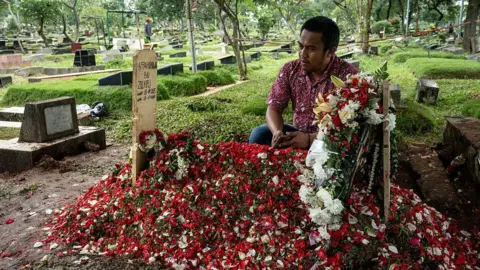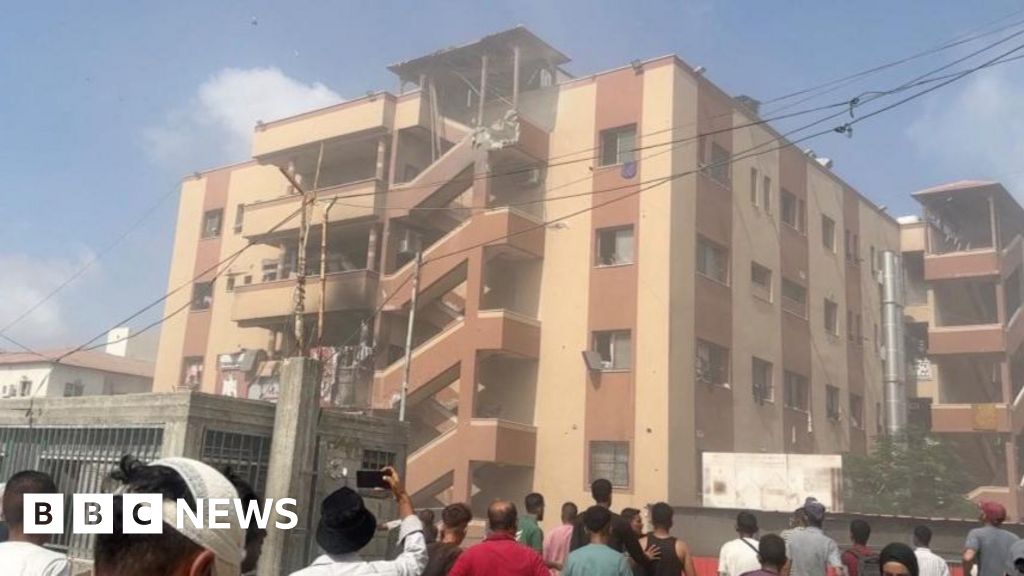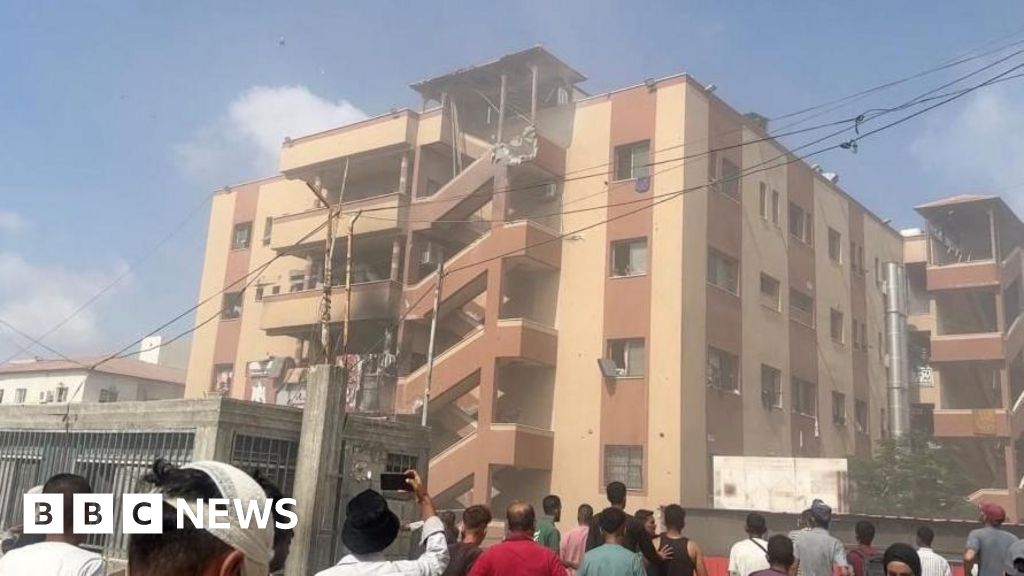A haunting silence lingers over the Caribbean island of Antigua, where disappearances have become a growing menace haunting the local community. Six years ago, 74-year-old Hyacinth Gage vanished, leaving her family grappling with tormenting questions about her fate. According to her daughter, Patricia Joseph, the emotional toll of not knowing what happened is "gut-wrenching." Despite extensive searches and appeals for help, Hyacinth remains missing, marking a beginning to what some locals describe as an epidemic of disappearances.
Since Hyacinth's disappearance in May 2019, at least nine individuals have gone missing on this small island with fewer than 100,000 residents. The contrast is stark when compared to neighboring islands; for instance, in St Kitts, where the population nears 48,000, 54 people reported missing in recent years were accounted for. Speculations about the cause of this trend vary widely—some attribute it to the police's lack of resources, while others fear the possibility of more sinister motives, including organized crime or human trafficking.
The local police force, led by Acting Police Commissioner Everton Jeffers, admits there is "room for improvement" in their public engagement and have acknowledged the community's anxious inquiries. Critics, including Patricia, have expressed frustration with the police's lethargy and lack of responsiveness in the face of rising fears among concerned families.
Adding to the distress is the heartbreaking case of nine-year-old Chantel Crump, whose body was discovered just days after she went missing, triggering public outcry. These tragedies have fueled conspiracy theories surrounding potential trafficking rings, as some locals speculate about the motives behind the spike in disappearances.
Patricia Joseph aims to unite families of the missing and garner support for their plight, convinced that coordinated efforts could bring them the justice they seek. An anonymous community member known as Aaron states that a considerable number of disappearances, especially among men, fuel his worry that an organized crime operation could be contributing to this troubling trend.
As the island grapples with the challenge of finding answers, local families are left desperate to piece together fragments of their lost loved ones’ lives. Without proper forensic facilities, DNA analysis faces delays, exacerbating an already frustrating situation for victims' families. The community awaits significant changes from authorities to ease their collective anguish and restore their sense of safety.
Gregory Bailey, another local victim's father, expressed his despair at the unanswered questions surrounding his son’s disappearance. Like many, he believes that serious intervention is required for change to occur.
As the number of missing individuals continues to rise, Patricia's call for action resounds louder than ever amidst the shadows of uncertainty. The community hopes that through collective action and increased accountability from law enforcement, they may finally uncover the truth behind the unsettling wave of disappearances plaguing Antigua.






















